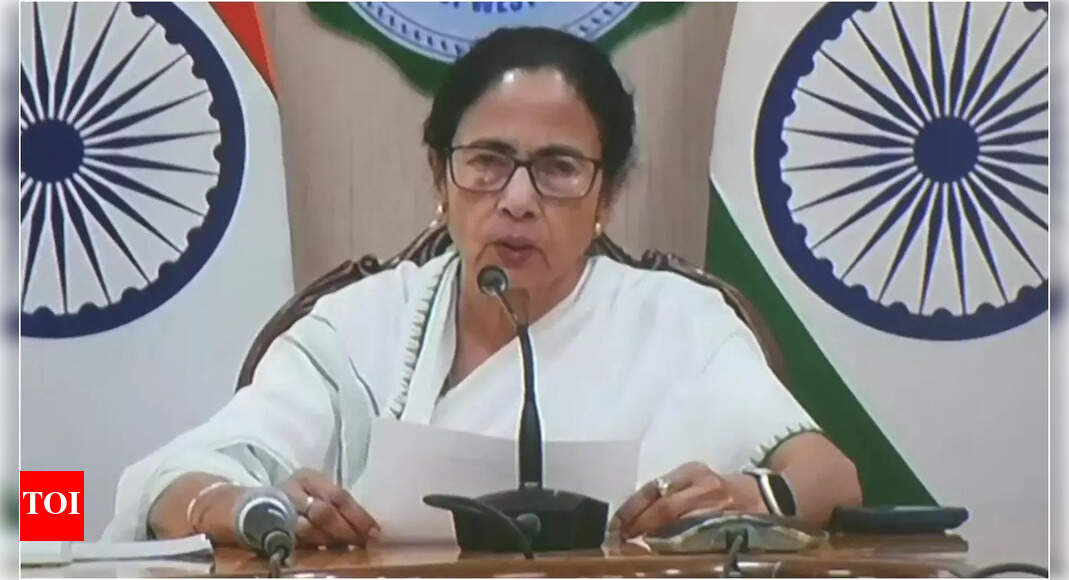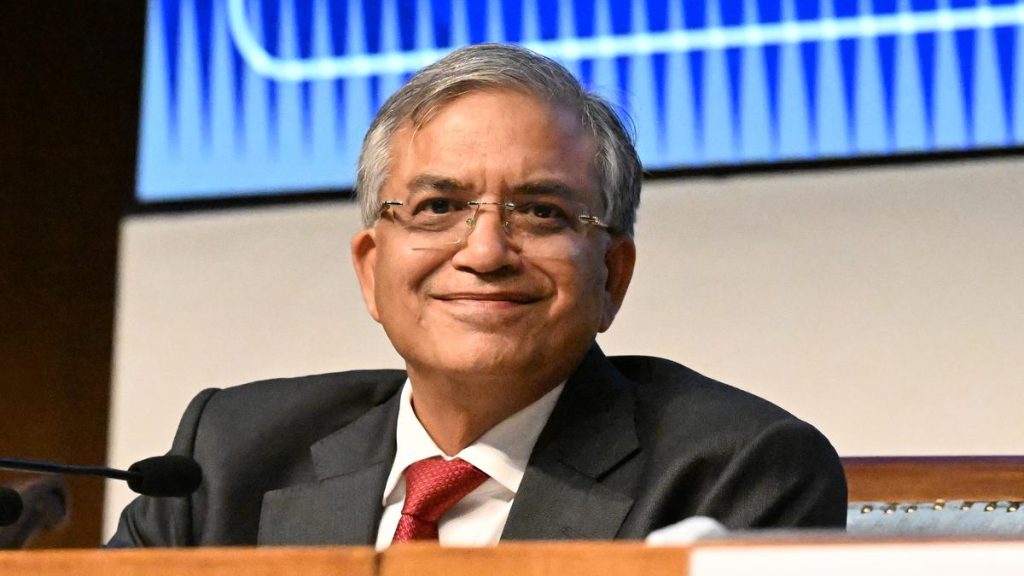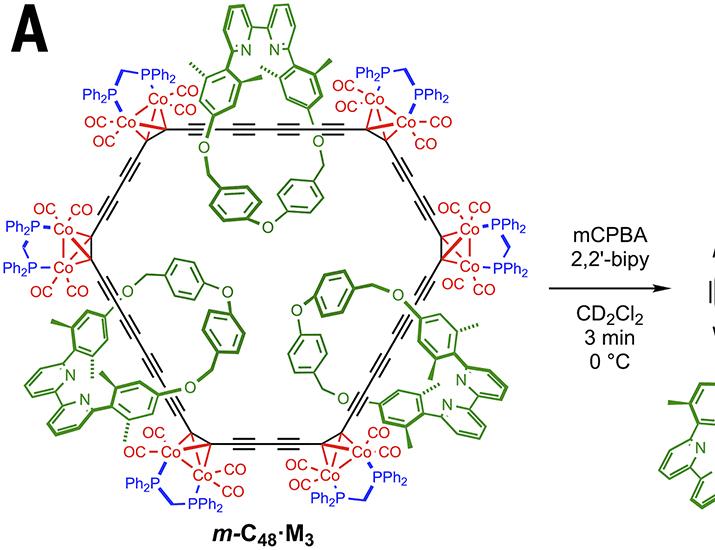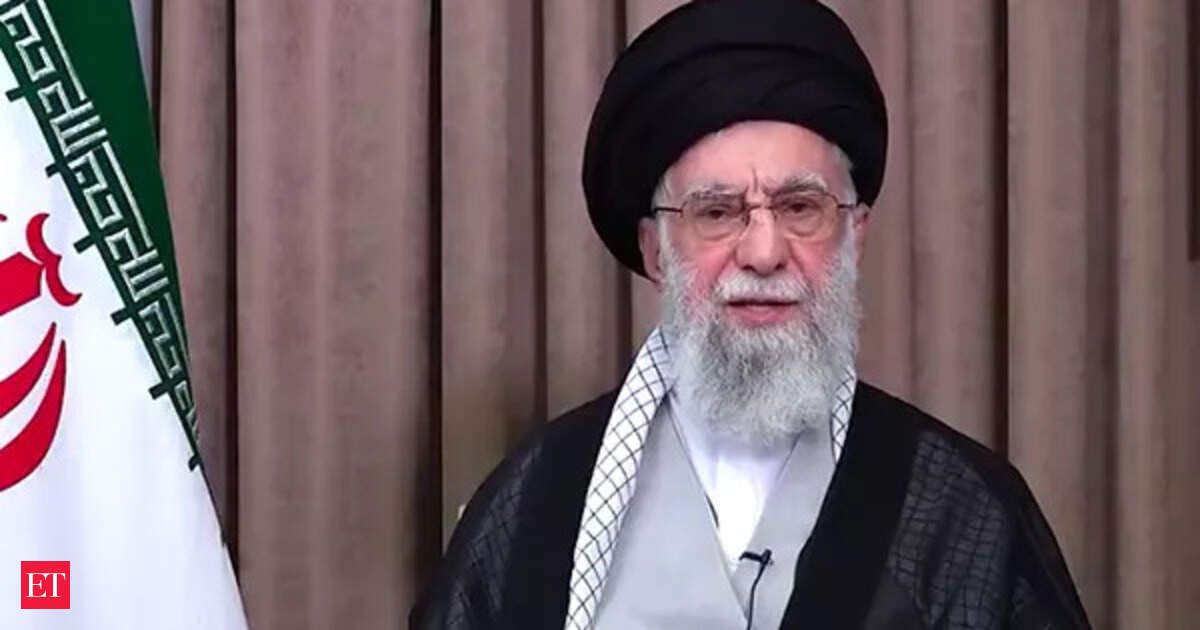Now Reading: Mamata Banerjee’s OBC List Faces High Court Obstacle
-
01
Mamata Banerjee’s OBC List Faces High Court Obstacle
Mamata Banerjee’s OBC List Faces High Court Obstacle

Rapid Summary
- Event: The Calcutta High Court stayed the Bengal government’s new OBC list of 140 sub-groups until July 31, citing procedural flaws.
- Details of the list: The revised list included 80 Muslim sub-groups and 60 non-Muslim groups, replacing an earlier 113-group list struck down in May last year.
- Legal reasoning: The HC stated that the government did not follow legislative procedures as per the West Bengal Commission for Backward Classes Act, 1993, after adopting provisions under a previous law from 2012.
- Remarks by Justices: justice mantha emphasized that legislative amendments to the OBC notification process should have been introduced in line with the assembly procedure; justice Chakraborty suggested no action while pending before Supreme Court.
- Impact of Stay: It could potentially lower OBC reservations below 17%, likely affecting admissions and recruitment processes in Bengal.
- State’s Position: CM Mamata Banerjee defended that backwardness-not religion-guided their survey criteria for updating OBC classifications; officials are considering challenging HC’s interlocutory order at Supreme Court.
Indian Opinion Analysis
The stay on West Bengal’s revised OBC reservation norms highlights crucial intersections between judiciary oversight, legislative procedure compliance, and affirmative action policy execution.While procedural inconsistency was specifically flagged by Calcutta HC-as it may contravene both state laws and constitutional obligations-the halt brings broader implications for governance clarity and equitable representation frameworks where socio-economic metrics like backwardness matter more than identity narratives.
The delay risks creating administrative hurdles for students or individuals awaiting caste certifications amid admission cycles dependent on fixed quotas-a disruption poised to drive legal debates at higher courts extensively around system design clarity versus outcome urgency approaches retroactively impacting reservations’ societal balancing India-wide sensitivities entail neutrality constitutional anchors anchor largest remedial interests . Institutions

























